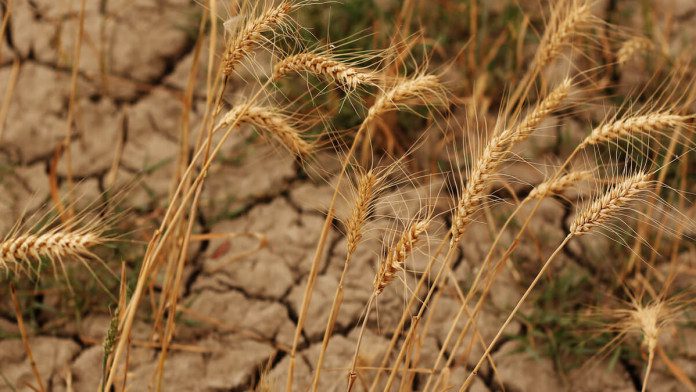News in Brief:
– Namibia’s cereal production is expected to plummet by 53% in 2024 due to drought and a decrease in maize and wheat planting.
– The Ministry of Agriculture recommends extending drought relief measures and investing in water infrastructure to address food security concerns.
Namibia’s Ministry of Agriculture, Water and Land Reform has released a report indicating a sharp decline in cereal production for 2024. The national harvest is estimated at 72,150 tonnes, a concerning 53% decrease compared to the previous season’s output.
Specifically, this shortfall is attributed primarily to drought conditions that have severely impacted rain-fed agricultural areas. Additionally, a decrease in the number of farmers planting maize and wheat in commercial zones has further contributed to the decline.
However, despite the dismal projections, irrigation schemes have shown promise, with a projected harvest increase of 24% for maize and a significant 63% jump for wheat compared to last year. This improvement is credited to an expansion of planted areas within these irrigation projects.
Meanwhile, the ministry’s report, compiled in collaboration with several organisations including the Food and Agricultural Organisation (FAO), highlights the negative impact of the delayed and uneven rainfall patterns experienced during the 2023/2024 season.
Delayed rains hinder planting in key regions
Specific regions, like Zambezi, Kavango East, and Kavango West, faced delayed rains, hindering planting activities. Furthermore, periods of severe dryness coupled with high temperatures have stunted crop development and led to wilting.
Generally, the decline in agricultural output has had a ripple effect on household food security across the country. Many families have exhausted their previous season’s food stocks and are now reliant on market purchases or drought relief programs. Most are particularly in communal crop-producing regions
The situation is particularly dire in the southern, eastern, western, and central regions. Farmers there are grappling with poor grazing conditions that threaten their livelihoods.
Finally, the Ministry of Agriculture has called for an extension of existing drought relief measures to assist food-insecure households. Additionally, they have emphasized the need for investment in water infrastructure projects. These include drilling boreholes and constructing earth dams, to improve water availability in drought-stricken areas.



